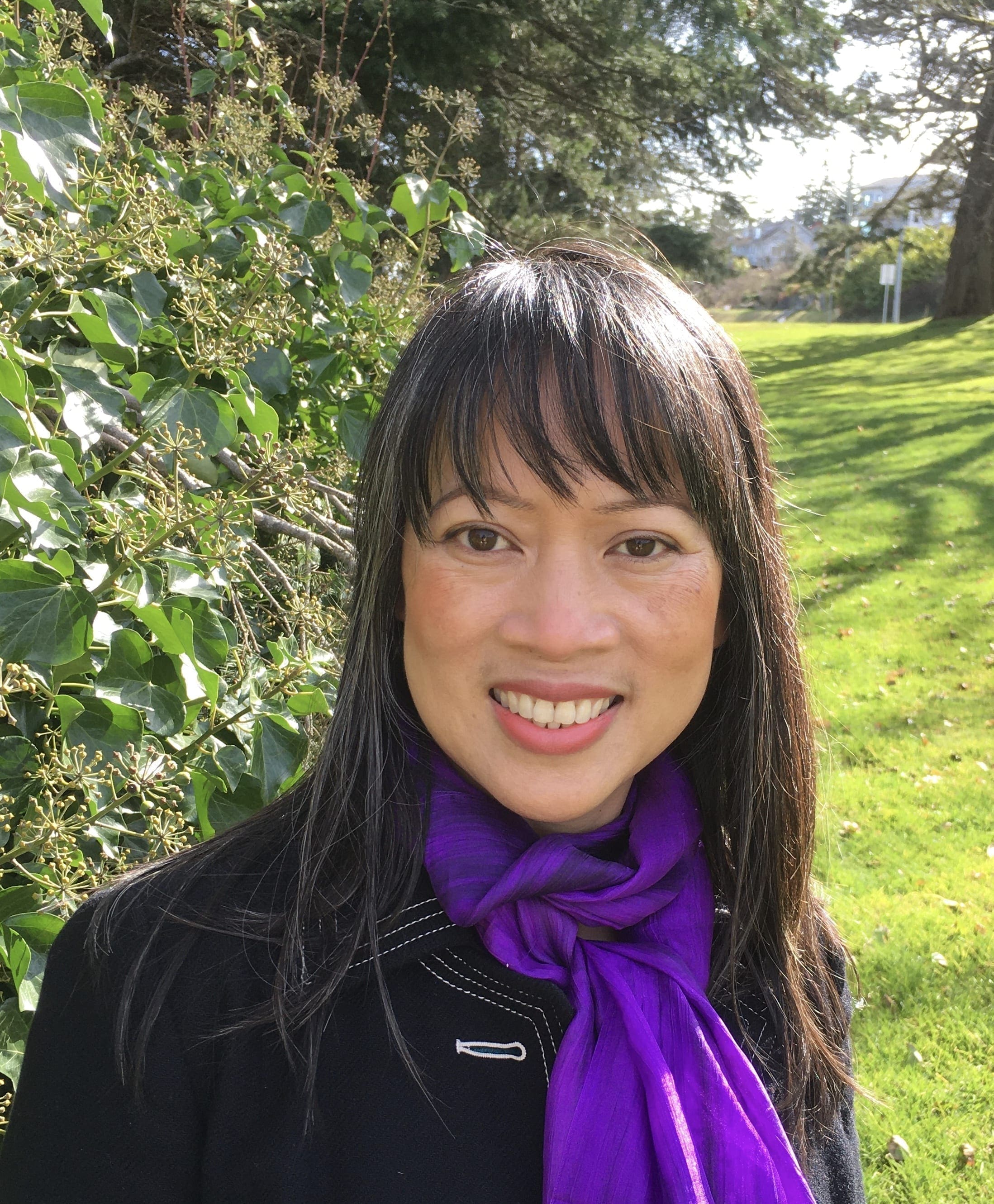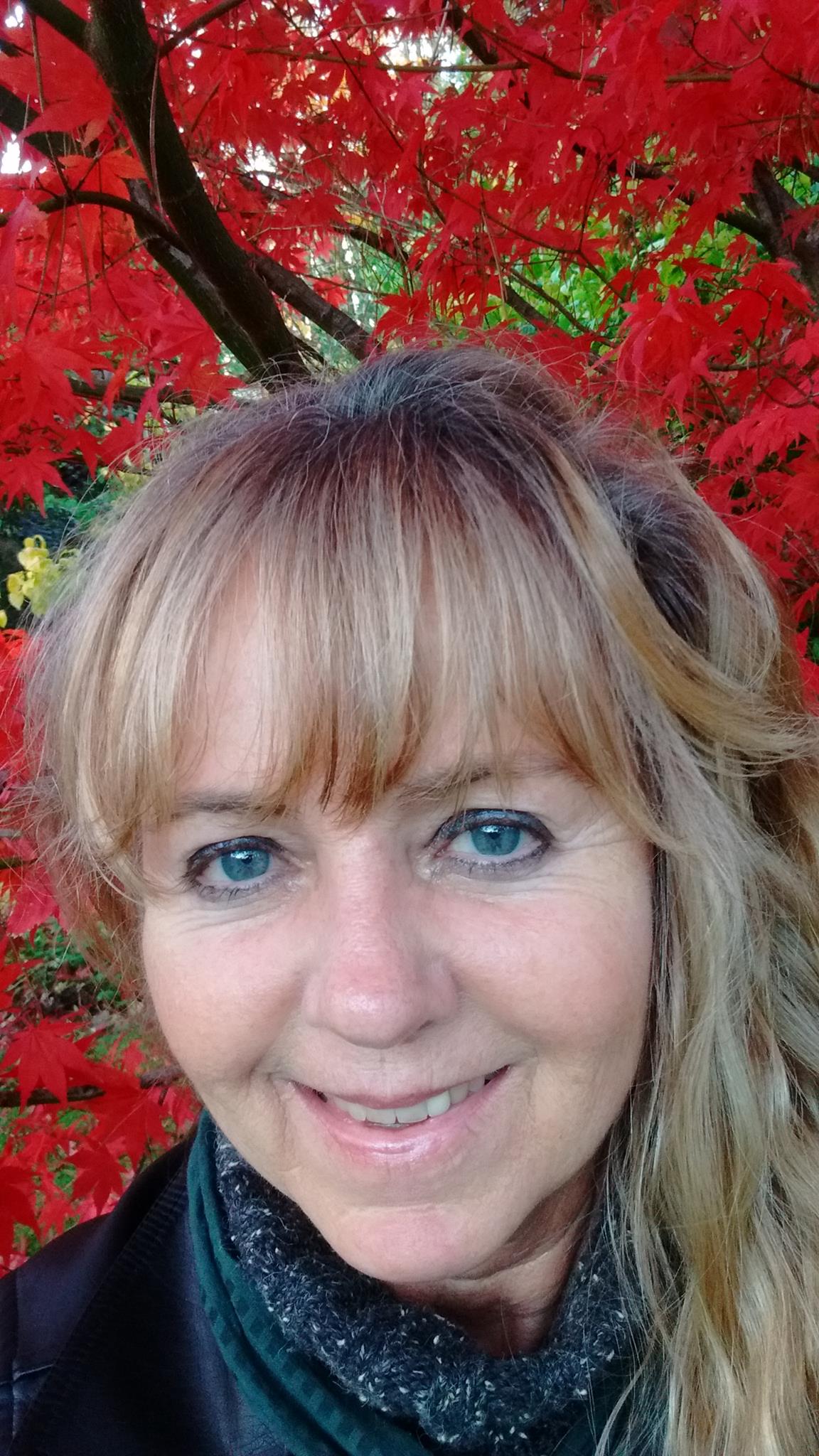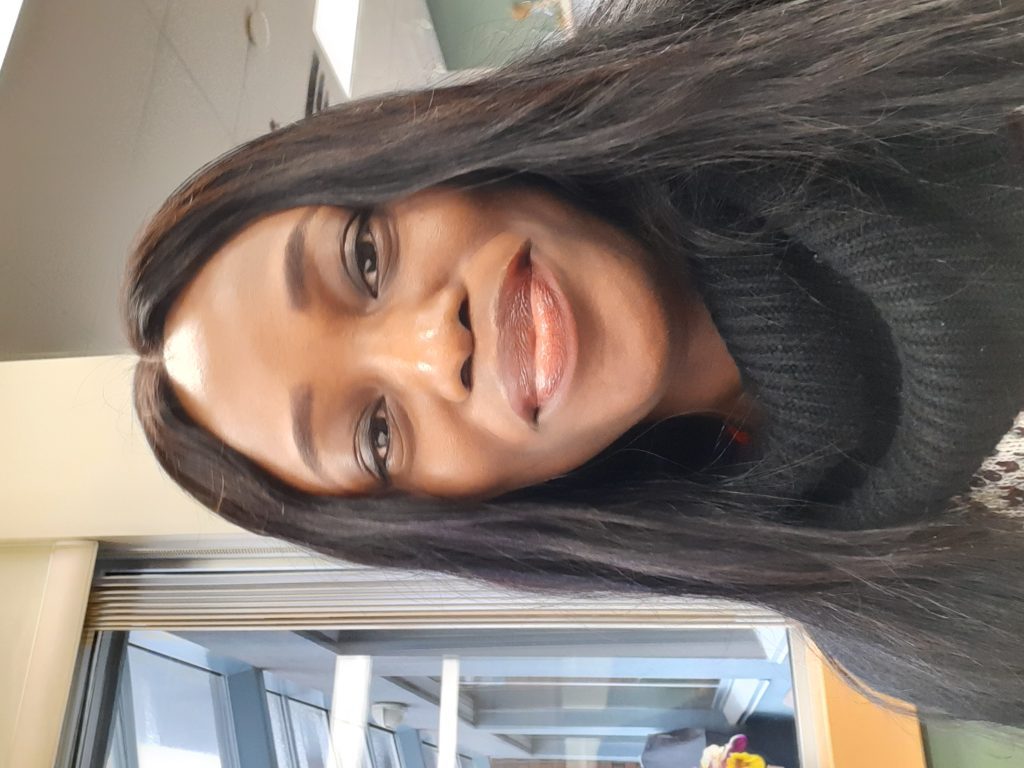
- Cet évènement est passé.
Anti-Racism Response Training (ART) Certified Trainer Program
4 octobre 2023 - 25 octobre 2023
Coût : Membres : $190 | Non-membres : $290 Inscrivez-vousOVERVIEW
The Anti-Racism Response Training (A.R.T.) program, developed by Dr. Ishu Ishiyama and enhanced and adapted – including virtual adaptation – by Thanh Tazumi, Naomi L. Wolfe, & Sanchit Mittal, uses a witness-centered approach to disrupting racism. Building upon the four-part, virtual A.R.T. Series, this program takes place over four weeks and includes six hours of facilitated training, plus individual and team assignments. Week three will be an unfacilitated session for teamwork and completing team assignments.
A certificate of completion will be provided by Sanath Training to each participant who successfully completes the training program.
PREREQUISITE
To join this training and receive a certificate of completion, participants must have joined each of the four virtual workshops of the A.R.T. Series.
LEARNING OBJECTIVES
Building on the previous four-part virtual A.R.T. Series, participants will gain the skills to develop and facilitate A.R.T. workshops. Through this training program, participants will:
- Consider underlying values and philosophy, and choose a motto.
- Learn how to include the history of racism and key terms & concepts.
- Practice how to present the A.R.T. Program and its underlying active witnessing model.
- Identify appropriate methods, techniques and learning activities for various audiences.
- Understand the differences between online and in-person workshop delivery.
- Develop a workshop (or series) with a small group.
- Be provided templates that can be adapted to specific training needs and contexts.
TRAINING SCHEDULE & DELIVERY
This training will be delivered via four live Zoom meetings. Participants will be encouraged to have a working microphone and web camera. Participants are expected to access the resources provided via Google drive and complete the assignments and group activities during and outside the virtual workshop times. Please note that the live workshops are NOT recorded. A full commitment to attend each virtual session is required to successfully complete the training and receive a certificate of completion.
| Part I: | Wednesday, October 4 from 2:30pm – 4:30pm (ET) |
| Part II: | Wednesday, October 11 from 2:30pm – 4:30pm (ET) |
| Part III: | Wednesday, October 18 from 2:30pm – 4:30pm (ET) – Non-facilitated team meeting |
| Part IV: | Wednesday, October 25 from 2:30pm – 4:30pm (ET) |
TESTIMONIALS
FACILITATORS

Thanh Tazumi
A.R.T. Facilitator
Thanh Tazumi (she/her/hers) and her family immigrated to Canada as refugees in 1984. She worked for a multicultural organization for 10 years, coordinating anti-racism, diversity, and organizational change projects. Thanh coordinated the first anti-racism walk in Campbell River, in 1997 and formed a committee to continue this annual event until 2006. She has co-facilitated workshops on intercultural communication, equity & inclusion, and Anti-racism Response Training. Recently she and her daughter developed and delivered an anti-Asian racism workshop to audiences across Canada. Thanh also worked with marginalized youth and families for 15 years. She is grateful to live on the traditional territory of the Wei Wai Kum, We Wai Kai, and the E’iksan-K’omoks peoples. She is aware of the history of racism in Canada and many of its impacts on Indigenous and other racialized peoples. She is committed to racial justice and actively works toward reconciliation and healing.

Naomi L. Wolfe
A.R.T. Facilitator
Naomi L. Wolfe (she/her/hers) is a mixed European settler Canadian, originally from Saskatchewan, who is grateful to reside on the unceded traditional territory of the E’iksan and K’ómoks Peoples. As a teen, Naomi was a member of an anti-racism youth group in Nashville, Tennessee, during the desegregation of schools through crosstown bussing. After 10 years in the USA and 10 years in Guatemala, she moved back to Canada, and eventually to Vancouver Island. During nearly 30 years as ESL Faculty at North Island College – including 10 years as Human Rights and International Solidarity Rep. – and through her work with the local Immigrant Welcome Centre, Naomi gained a deep understanding of the barriers faced by many in her community. She began designing and facilitating intercultural training in the mid-90’s and became an Anti-Racism Response (A.R.T.) facilitator in 2002. Naomi facilitates A.R.T., intercultural communication, Theatre for Living, and Compassionate Listening (TCLP) workshops, and has presented at conferences in Canada and internationally. Naomi greatly values collaborating with others to create a more just and inclusive society.

Toyin Kareem
A.R.T. Facilitator
Toyin Kareem (she/her) is a Project Management and Communications Specialist with years of experience from West Africa before moving to Canada. She has a keen interest in diversity, equity and inclusion, which informed her foray into a PhD in Development Communication, where she focused on Social Justice Advocacy on social media. As a Black immigrant woman to Canada who is living with paraplegia, she has worked with advocacy organizations that work with marginalized groups, especially around intercultural communication, Social Justice, equity, diversity and inclusion. She continues to work collaboratively with organizations to initiate projects that ensure newcomers feel included, welcome and safe to the community. She is currently located on the traditional territory of the Anishinaabe and Haudenosaunee people, whose histories, languages, and cultures continue to influence their vibrant community.



